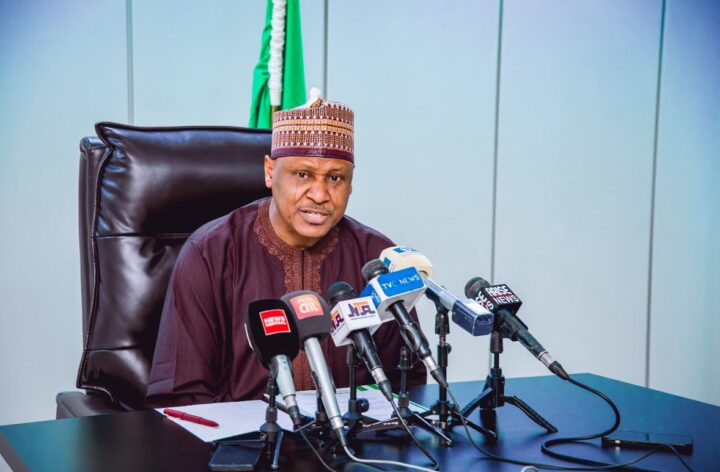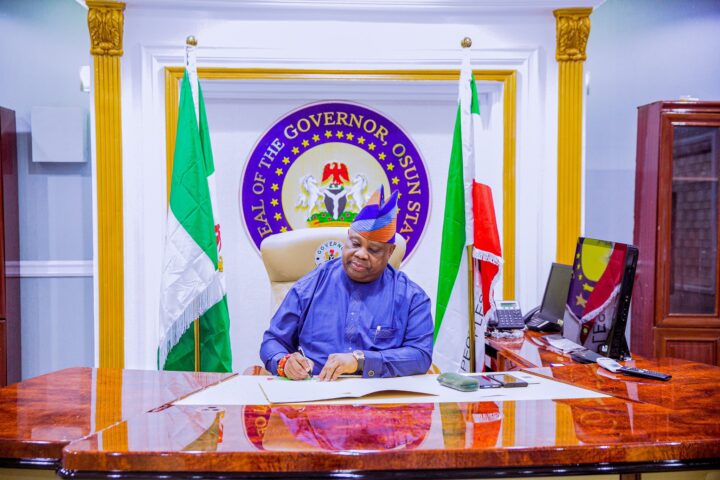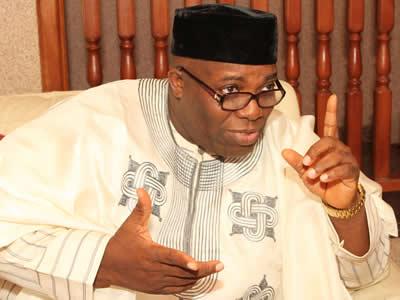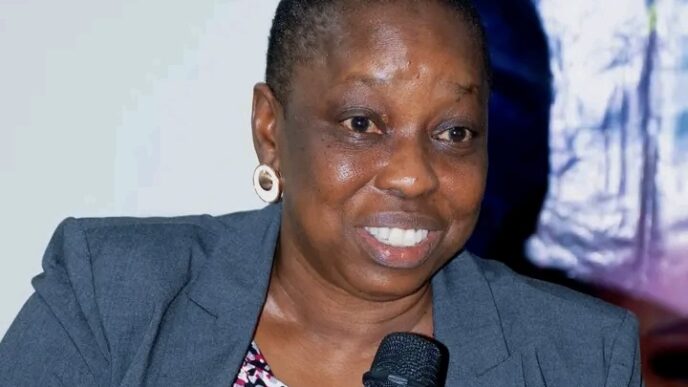President Bola Tinubu took significant steps to address Nigeria’s complex challenges by signing several landmark bills into law in 2024. These legislative actions span education, regional development, judicial reform, and workers’ welfare — each addressing critical gaps in the nation’s socio-economic framework.
In this report, TheCable examines six major bills the president signed into law in 2024 and their implications for the country.
STUDENT LOAN BILL
In April, the president signed the student loan re-enactment bill into law. The bill established the Nigerian Education Loan Fund (NELFUND), designed to provide financial aid to students in tertiary institutions.
Advertisement
Initially introduced in 2023, the scheme’s implementation faced repeated delays before its relaunch in April.
On May 24, the scheme went live, enabling federal university students to apply. By August, the scheme expanded to 108 state-owned institutions.
According to information available on NELFUND’s website, the agency is partnering with 281 tertiary institution and 427,079 students have registered while the number of loan applications stands at 325,226.
Advertisement
To qualify for the fund, students must have gained admission into a Nigerian university, polytechnic, or college of education, with their family income not exceeding N500,000 annually. Additionally, guarantors are not required, but repayment begins two years after completing the National Youth Service Corps (NYSC).
NATIONAL ANTHEM ACT 2024
In May 29, Tinubu signed a bill restoring “Nigeria, We Hail Thee” — the country’s original anthem last used in 1978.
The move sparked criticism, with many describing it as a distraction from the ongoing economic challenges facing the country.
Advertisement
Defending the decision, Lanre Issa-Onilu, director-general of the National Orientation Agency (NOA), said the anthem’s reinstatement aims to foster national unity, cohesion, and cooperation among Nigerians.
“It is a symbol of our collective identity and aspirations. It serves as a reminder of our shared values and the strength of our unity in diversity. The anthem’s correct lyrics, as approved by the President, are crucial for maintaining its integrity and ensuring that it continues to inspire patriotism and national pride,” he said.
“The anthem’s re-adoption marks a return to our roots, evoking nostalgia and a deep emotional connection, especially among those who remember it from our early years of independence. It is our hope that this anthem will inspire a renewed sense of national pride and unity among all Nigerians.”
SOUTH-EAST AND NORTH-EAST DEVELOPMENT COMMISSION BILLS
Advertisement
On July 24, Tinubu has signed the south-east and north-west development commission bills into law.
The commissions are tasked with managing funds for critical projects, including erosion control and road rehabilitation in the south-east, and tackling infrastructure deficits in the north-west.
Advertisement
Benjamin Kalu, the deputy speaker of the house of representatives, sponsored the south-east bill, while the north-west bill was as sponsored by Jibrin Barau, the deputy senate president.
Uba Sani, governor of Kaduna state, said the law will empower “the north to effectively tackle their challenges and set the region on the path to sustainable growth and development”.
Advertisement
Critics fear that without robust accountability, these commissions could become mired in bureaucracy and corruption, echoing the experience of the Niger Delta Development Commission (NDDC).
MINIMUM WAGE BILL
Advertisement
On July 29, Tinubu approved a minimum wage increase from N30,000 to N70,000, a response to prolonged agitation from labour unions in the country. The legislation also mandates a review of wages every three years, ensuring that pay keeps pace with inflation.
The bill passed first, second (debate on general principles), and third readings — all within an hour — in the upper and lower legislative chambers.
Labour unions lauded the increase as a much-needed boost for workers facing rising living costs. However, employers — especially in the private sector — have expressed concerns over the affordability of the new wage.
Before the new minimum wage, the Nigeria Labour Congress (NLC) and Trade Union Congress (TUC) went on strike and shut down the national grid to press the government to meet their demands.
For many Nigerians, the question remains whether this increment will genuinely improve living standards amid persistent inflation and currency devaluation.
JUDICIAL OFFICE HOLDERS SALARIES AND ALLOWANCES BILL
On August 13, the president signed into law a bill seeking to increase the salaries and allowances of judges in the country by 300 percent.
The judicial office holders’ salaries and allowances bill, which was passed by the senate in June, will allow the chief justice of Nigeria (CJN) to earn N64 million annually.
The president of the court of appeal will be entitled to an annual salary package of N62.4 million, and justices of the supreme court will earn N61.4 million.
All heads of the various courts including the chief judge of the federal high court, president of the national industrial court, and chief judge of the federal capital territory (FCT) high court, among others, would earn the same basic salary of N7.9 million annually.
The bill is expected to reinforce the integrity of the justice system and set a new standard for leadership that values the hard work and sacrifices of Nigerian justice workers.
During the presentation of a report on the bill, Mohammed Monguno, chairman of the senate committee on judiciary, said the increment of judges’ salaries and allowances was long overdue, adding that the new pay packages would ensure justice and fairness in the country’s judicial processes.
ELECTRICITY ACT (AMENDMENT) BILL
Tinubu signed the Electricity Act (Amendment) Bill 2024, into law on February 9 after its passage by the senate and House of Representatives.
The bill, sponsored by Babajimi Benson, representative of Ikorodu federal constituency of Lagos state, was passed by the house of representatives on July 27, 2023, and by the senate on November 14 if the same year.
One of the major highlights of the bill was that it provides that the funds set aside for the development of host communities will be received, managed, and administered for infrastructure development in the areas by a reputable trustees or managers.
The bill seeks to address the development and environmental concerns of host communities by setting aside five percent of the actual annual operating expenditures of power-generating companies (GENCOs) from the preceding year for the development of the respective host communities.
This amendment complements the electricity bill which empowers states, companies and individuals to generate, transmit, and distribute electricity.
Add a comment











